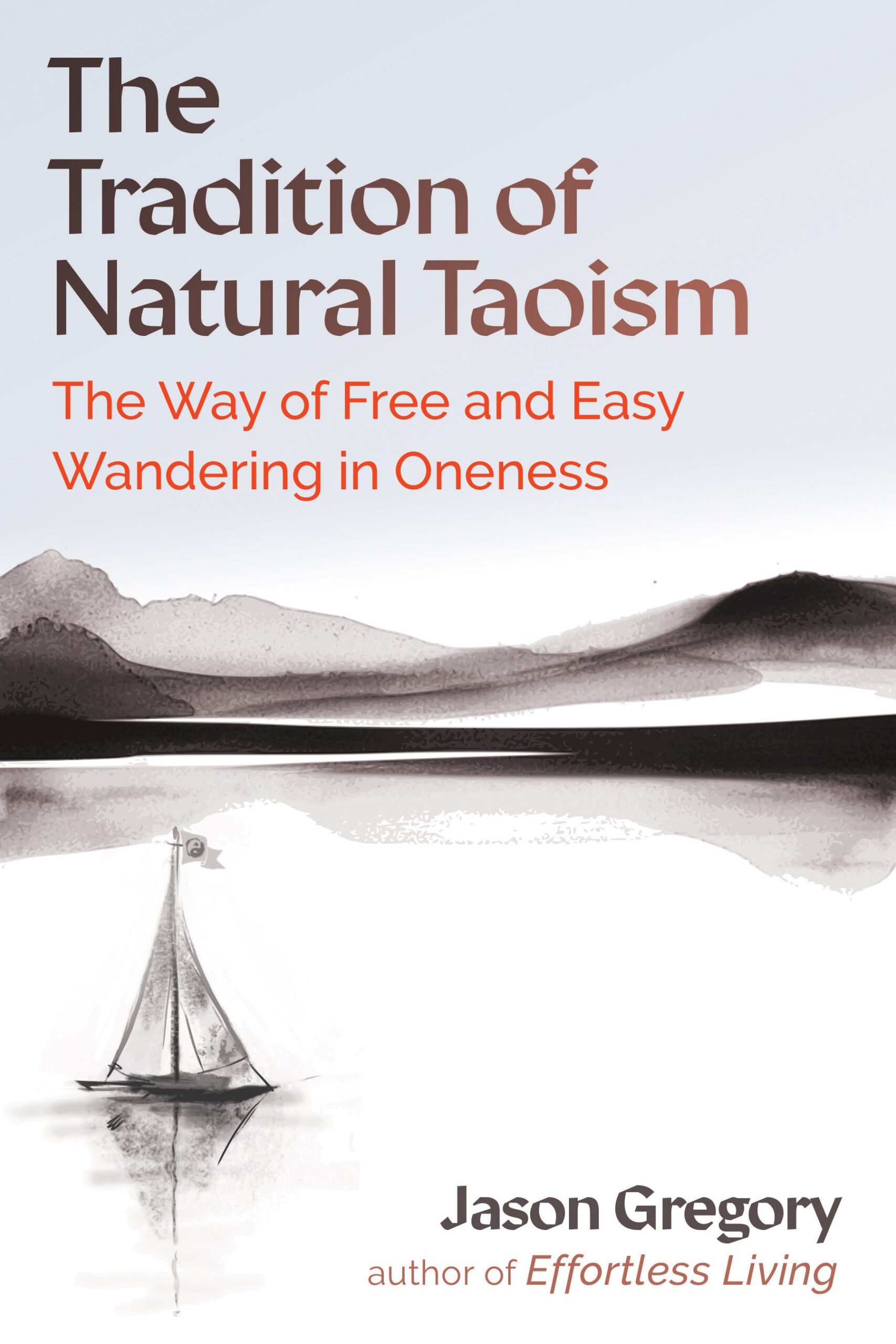Why Study is Crucial for Spiritual Growth and Maturity
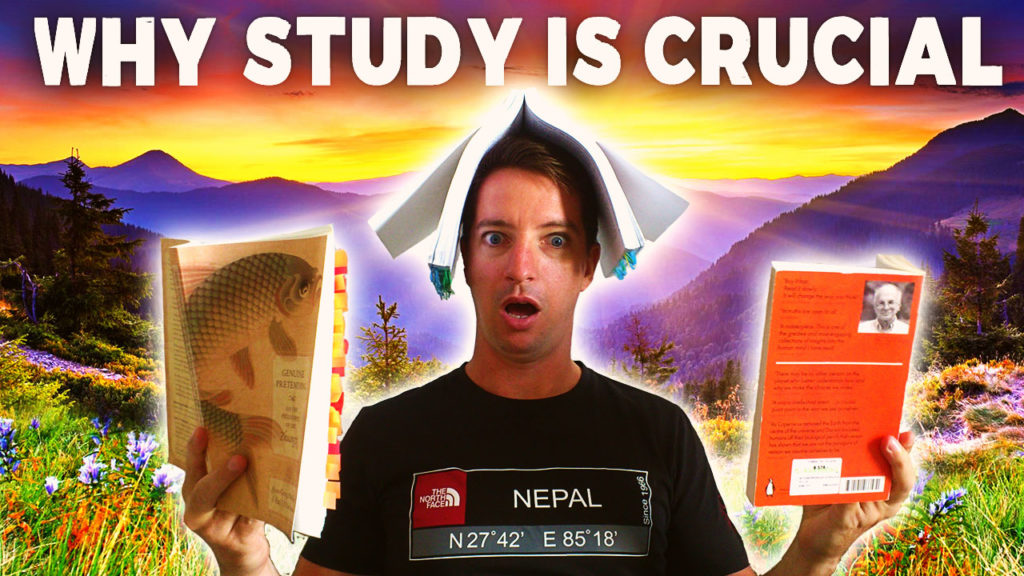
In this episode of Enlightenment Today, I will explain why intellectual study is crucial for spiritual growth and maturity. There are a growing number of people interested in spirituality who are under the illusion that they don’t need to intellectually understand the tradition they are attracted to. This has developed due to the misinterpretations of classical texts through bad translations, resulting in a deep misunderstanding, usually based on someones cultural biases, beliefs, and cognitive style. Such misunderstandings in part happened as a result of the migration of Eastern philosophy to the West, leading to the materialistically driven and overly sensationalistic new age spirituality that has become popular. A user’s manual is important for anything we want to understand deeply, spirituality is no exception. Theory and practice have always been the core of the great Eastern traditions, no matter whether it is Hinduism, Buddhism, or Taoism. These three traditions, specifically, explain that if an individual has no frame of reference, then there is no way one could understand the deep wisdom and meditative experiences passed down through these traditions. Find out why study is crucial. NOTE: This site directs people to Amazon and is an Amazon Associate member. As an Amazon Associate I earn from qualifying purchases, at no additional cost to you. The pages on this website may contain affiliate links, which means I may receive a commission if you click a link and purchase something that I have recommended. This goes a tiny way towards defraying the costs of maintaining this site.
The Negative Impact of Observing Thoughts in Meditation and Self-Inquiry
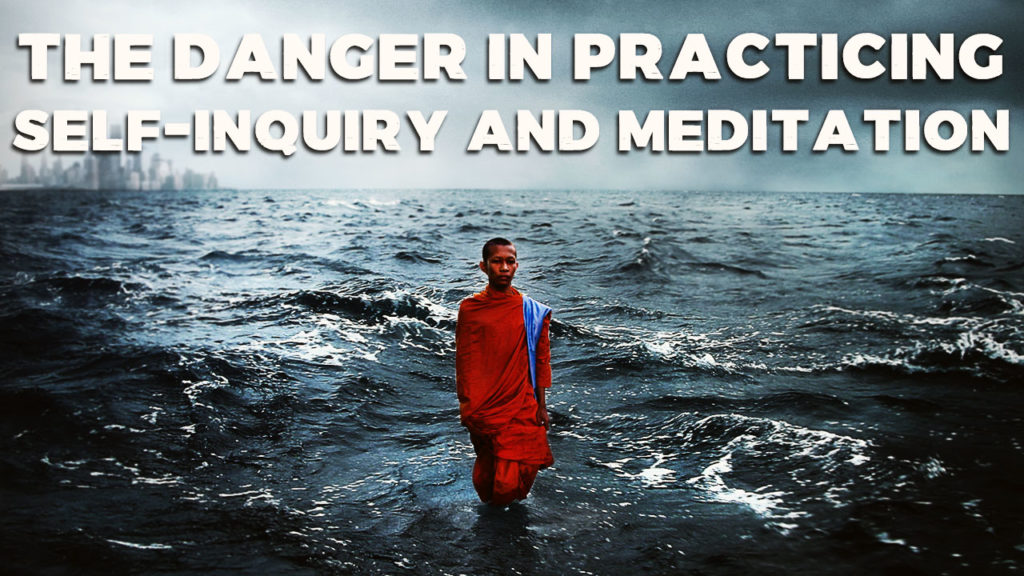
In this episode of Enlightenment Today, I will explain how observing our thoughts in meditation and self-inquiry can have a negative impact on our life if we don’t have the correct knowledge to practice correctly. A common habit in meditation and self-inquiry is people begin to demonize thoughts, creating a divide within themselves based on the hunt for the perceived enemy of the ego, which causes an artificial split within the mind. This can lead to numerous mental health issues. A lot of this bad meditation habit comes down to how we project our indoctrinated beliefs of right and wrong onto thoughts that naturally arise during practice. This is against the nature of meditation and self-inquiry. NOTE: This site directs people to Amazon and is an Amazon Associate member. As an Amazon Associate I earn from qualifying purchases, at no additional cost to you. The pages on this website may contain affiliate links, which means I may receive a commission if you click a link and purchase something that I have recommended. This goes a tiny way towards defraying the costs of maintaining this site.
Taoism’s Criticism of Confucianism & the Modern World: Why Social Roles and Sincerity are a Problem
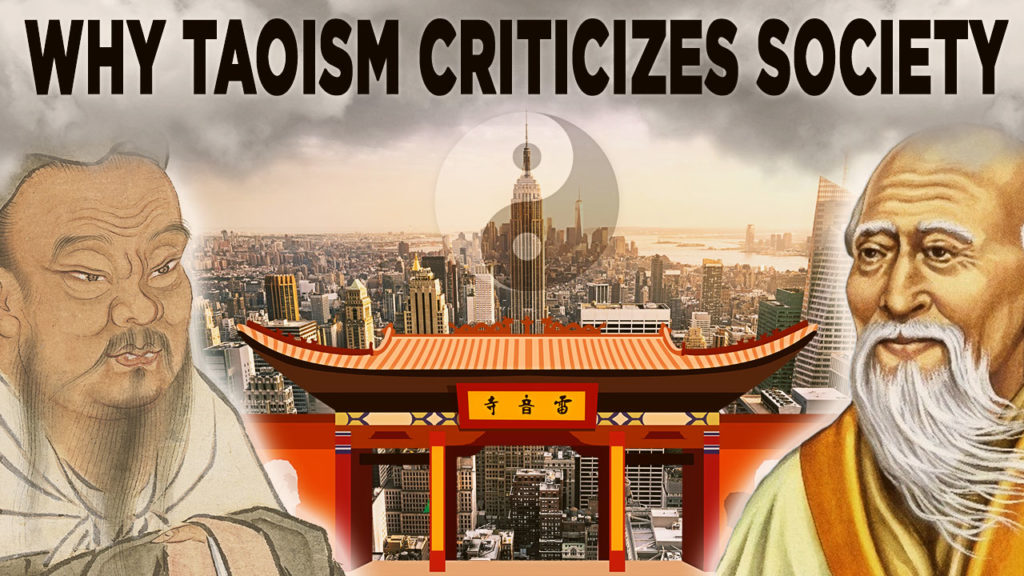
In this episode of Enlightenment Today, I will explain an important element within Taoism that many people often don’t know about due to a lack of knowledge of what the verses actually mean that arise from incorrect translations of the Tao Te Ching. Taoism in its essence is a critique of Confucianism and this also relates to our modern world, as Taoism is not truly isolated to one period of time, but can critique any civilization throughout time. Nevertheless, its critique of the teachings of Confucius is solely focused on the inherit problems with social roles and sincerity that ultimately lead to falsity, hypocrisy, and many forms of psychopathy. NOTE: This site directs people to Amazon and is an Amazon Associate member. As an Amazon Associate I earn from qualifying purchases, at no additional cost to you. The pages on this website may contain affiliate links, which means I may receive a commission if you click a link and purchase something that I have recommended. This goes a tiny way towards defraying the costs of maintaining this site.
Tao Te Ching Chapter 28 Explained: The Deep Meaning of Yin & Yang
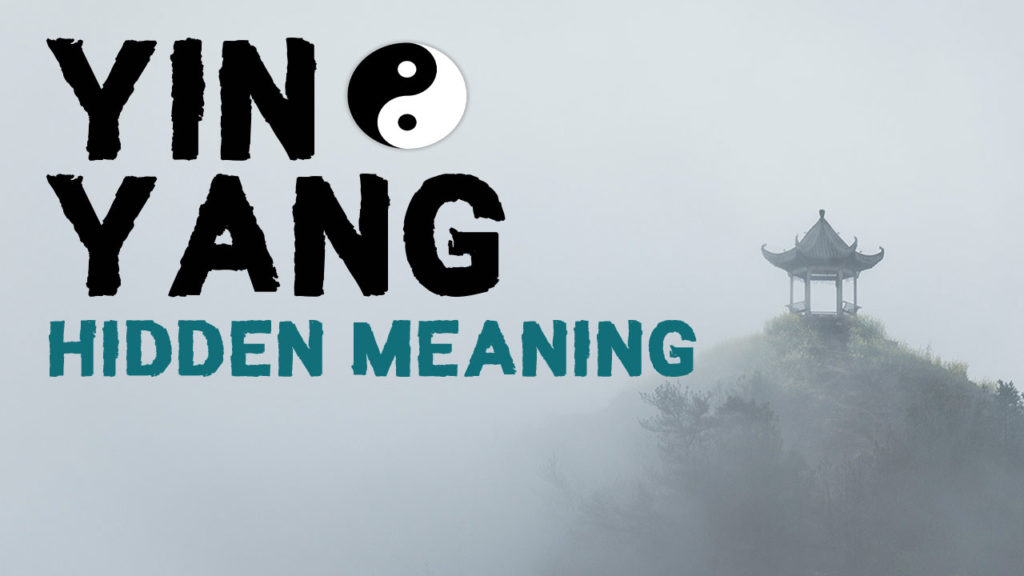
In chapter 28 of the Tao Te Ching, Lao-tzu explains how the interplay of the unified opposites of yin and yang function within our consciousness. Lao-tzu explains what our psychological disposition should be to be in perfect balance between yin and yang so that we can be in harmony with the Tao. Though, this chapter is not so easy to grasp. Chapter 28 is obscure to those not familiar with Taoist philosophy. But in this episode of The Sacred Word, I will unpack each line so that you can understand the kernel of truth dwelling within the heart of this magnificent chapter. NOTE: This site directs people to Amazon and is an Amazon Associate member. As an Amazon Associate I earn from qualifying purchases. The pages on this website may contain affiliate links, which means I may receive a commission if you click a link and purchase something that I have recommended.
Will This Be Your Last Life? | End The Cycle Of Samsara
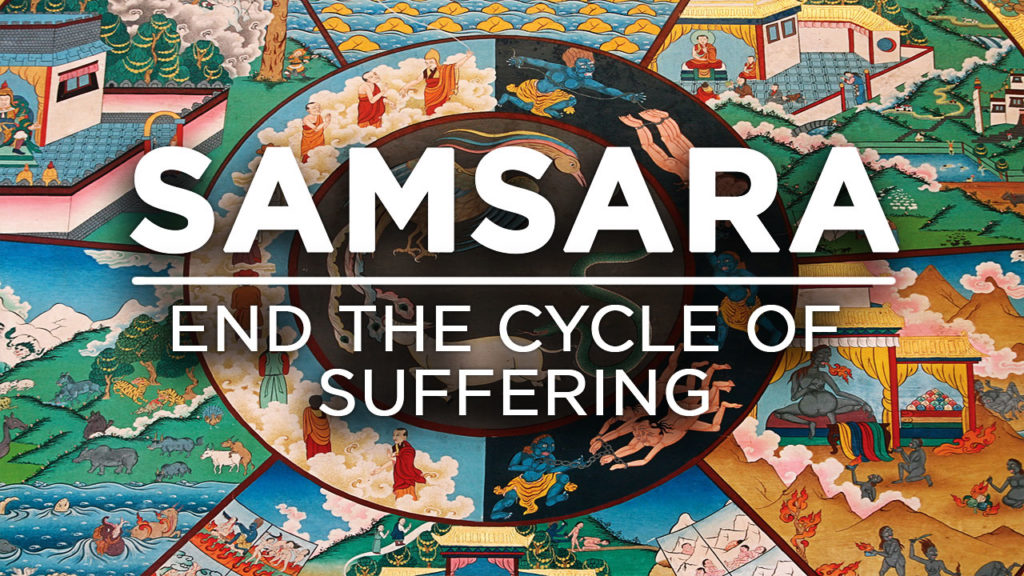
In this episode of Enlightenment Today, I will speak about our commitment to ending the cycle of Samsara. Often people want to do good deeds in their present life so that their next life will be a prosperous. People do this because they are under the belief that they are accumulating good karma. But they are missing the point altogether and are driven by the fruits of the external world. This type of attitude is still geared towards materialism and essentially prolongs the cycle of suffering. Many people are often in this trap and they wonder why their suffering is not alleviated. To end the cycle of Samsara we have to make a committed to making this our last life in our present life. Rather than doing good deeds in our present life under the vague intuition that our next life will be prosperous, we need to be serious about ending this cycle of suffering we are all caught in. You need to ask yourself, Will this be your last life? Learn more. NOTE: This site directs people to Amazon and is an Amazon Associate member. As an Amazon Associate I earn from qualifying purchases. The pages on this website may contain affiliate links, which means I may receive a commission if you click a link and purchase something that I have recommended.
Why Religious Conversion is a Problem in India and the Rest of the World
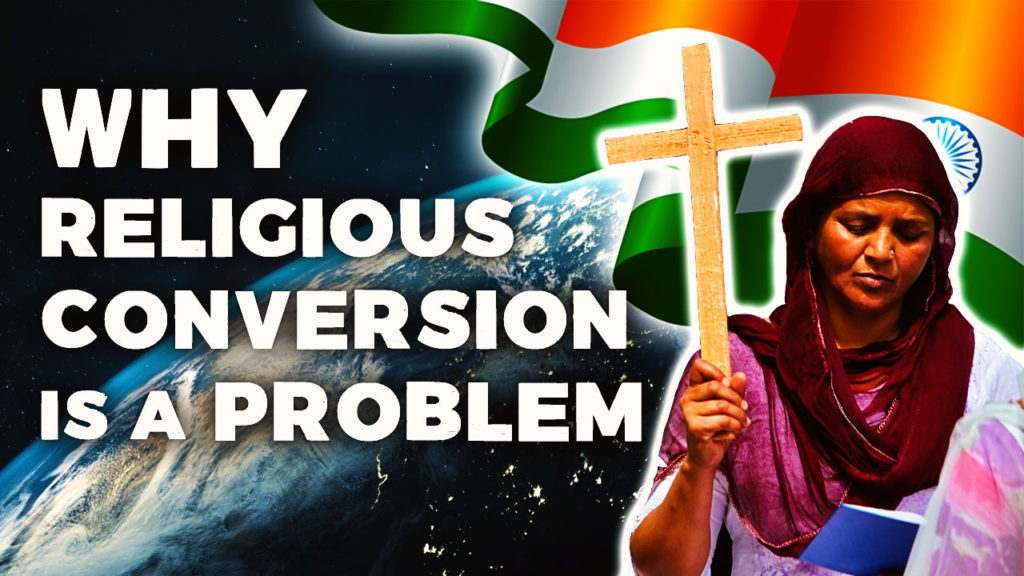
In this episode of Enlightenment Today, I will speak about why religious conversion is a problem in the world, especially in countries such as India. For thousands of years, some religions have traveled the world in an attempt to convert people from other parts of the world to bolster their religion’s influence over the world. These religious conquests have often led to conflict and violence, not to mention the psychological damage it has had on other cultures not accustomed to foreign beliefs. Religious conversion itself is a subtle act of violence because it is an instrument used to interfere with other cultures. So why has religious conversion never been questioned openly? Why do some religions feel inadequate and so need to gain followers? Why are some religions under the illusion that their belief system is better than any other? All of this is due to a persistent psychological problem that is linked to survival and, hence, not very spiritual at all. Ultimately, this is a history of fanatical force over the natural way of the world. NOTE: This site directs people to Amazon and is an Amazon Associate member. As an Amazon Associate I earn from qualifying purchases. The pages on this website may contain affiliate links, which means I may receive a commission if you click a link and purchase something that I have recommended.
The Law of Karma: Is it Governed by Morality or Nature?
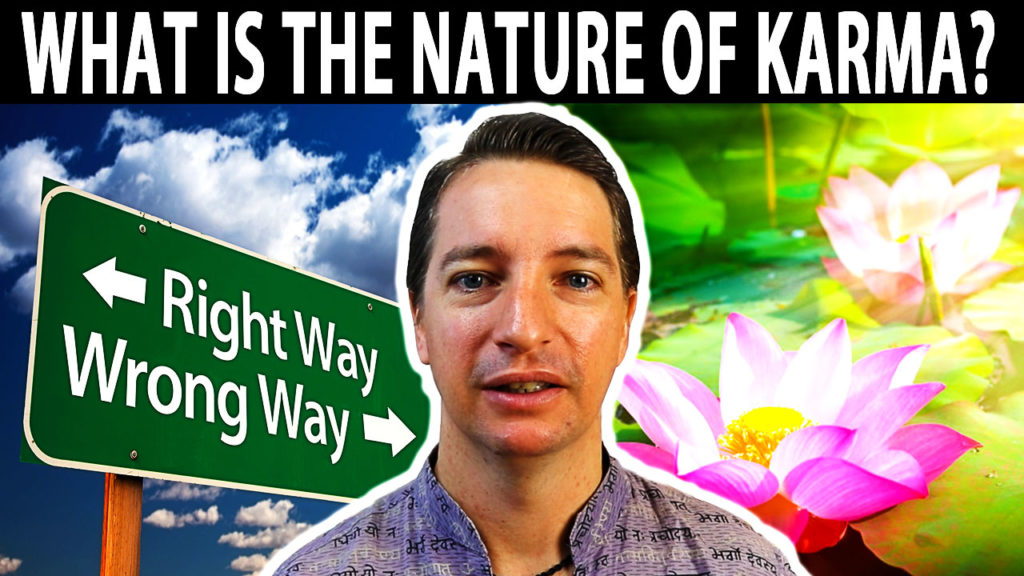
In this episode of Enlightenment Today, I will speak about why the law of karma is governed by nature rather than morality. There is a common misconception that the law of karma is based on the ethics and morality of a system of religion and culture, leading people into the illusion of good and bad karma according to their own belief systems. This is plain illogical and against the nature of karma. Karma is something entirely different from a subjective viewpoint of right and wrong. What is the nature of karma? NOTE: This site directs people to Amazon and is an Amazon Associate member. As an Amazon Associate I earn from qualifying purchases. The pages on this website may contain affiliate links, which means I may receive a commission if you click a link and purchase something that I have recommended.
Why We Shouldn’t Use the Word God

In this episode of Enlightenment Today, I will discuss whether God is an adequate word when referring to the irreducible essence of the universe. In the great Eastern traditions, there are many words that describe the true nature of the universe a lot better than the word God. This stems from the context in which God is thought of in some influential Western religions. But, from an Eastern perspective, this Western view of God is foreign. In the end, is God the right word or not? If not, then what words should we use? NOTE: This site directs people to Amazon and is an Amazon Associate member. As an Amazon Associate I earn from qualifying purchases. The pages on this website may contain affiliate links, which means I may receive a commission if you click a link and purchase something that I have recommended.
I Meditated Every Day For 10 Years & This Is What Happened To Me
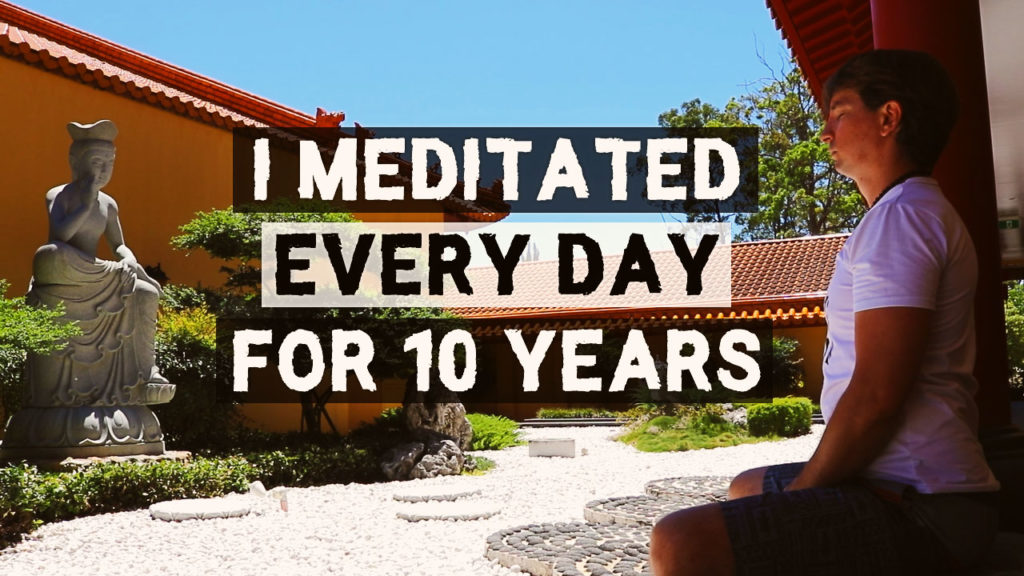
I have been meditating every day for over 10 years. Meditation has changed my life more than anything else. This commitment I made to myself over 10 years ago is the main reason I have done what I have in my life thus far. Grounding myself in that daily practice has strengthened my resolve in the work that I do. But there has been times when I’ve dragged myself out of bed kicking and screaming in trying to avoid my daily practice, but they are usually the most opportune moments to sit and dive deep. I have learned so much that it is hard to articulate. However, in this episode of Enlightenment Today, I will try to articulate my experience and share with you the changes that will happen to your mind and also the 18 ways that meditation will transform and improve not only your own life, but also the immediate world around you. NOTE: This site directs people to Amazon and is an Amazon Associate member. As an Amazon Associate I earn from qualifying purchases. The pages on this website may contain affiliate links, which means I may receive a commission if you click a link and purchase something that I have recommended.
Buddhist Wisdom on the Origin of Human Suffering
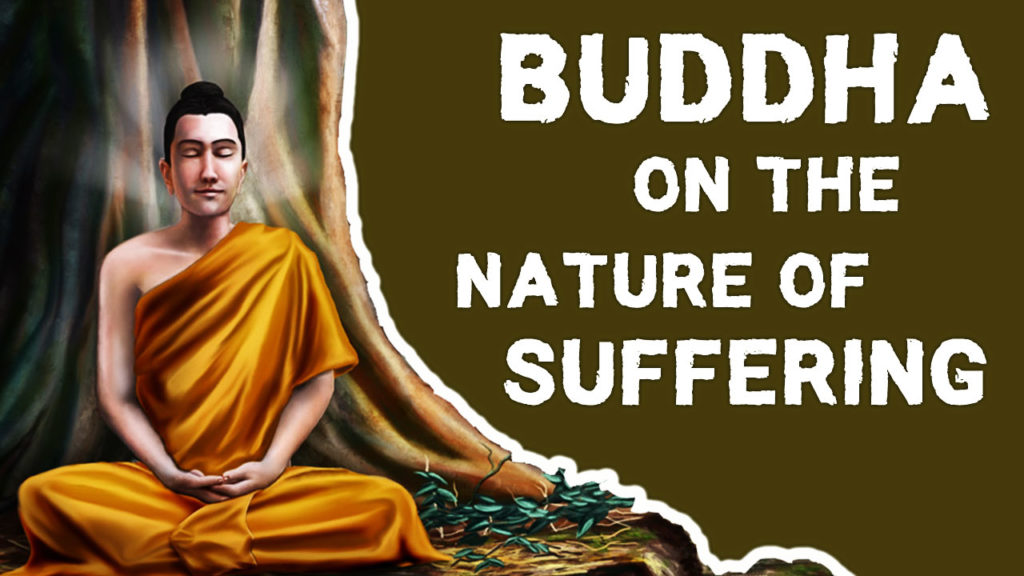
The second Noble Truth in Buddhism is one of the most important teachings passed down from the Buddha to humanity. The historical Buddha went to great lengths to discover the origin of human suffering so that we can eventually be liberated in this life. But how can we understand the nature of the second Noble Truth? In this episode of The Sacred Word we will contemplate the significance of the second Noble Truth. I will explain how the origin of suffering is related to thoughts and how the illusion of an independent self is built in this process. NOTE: This site directs people to Amazon and is an Amazon Associate member. As an Amazon Associate I earn from qualifying purchases. The pages on this website may contain affiliate links, which means I may receive a commission if you click a link and purchase something that I have recommended.

